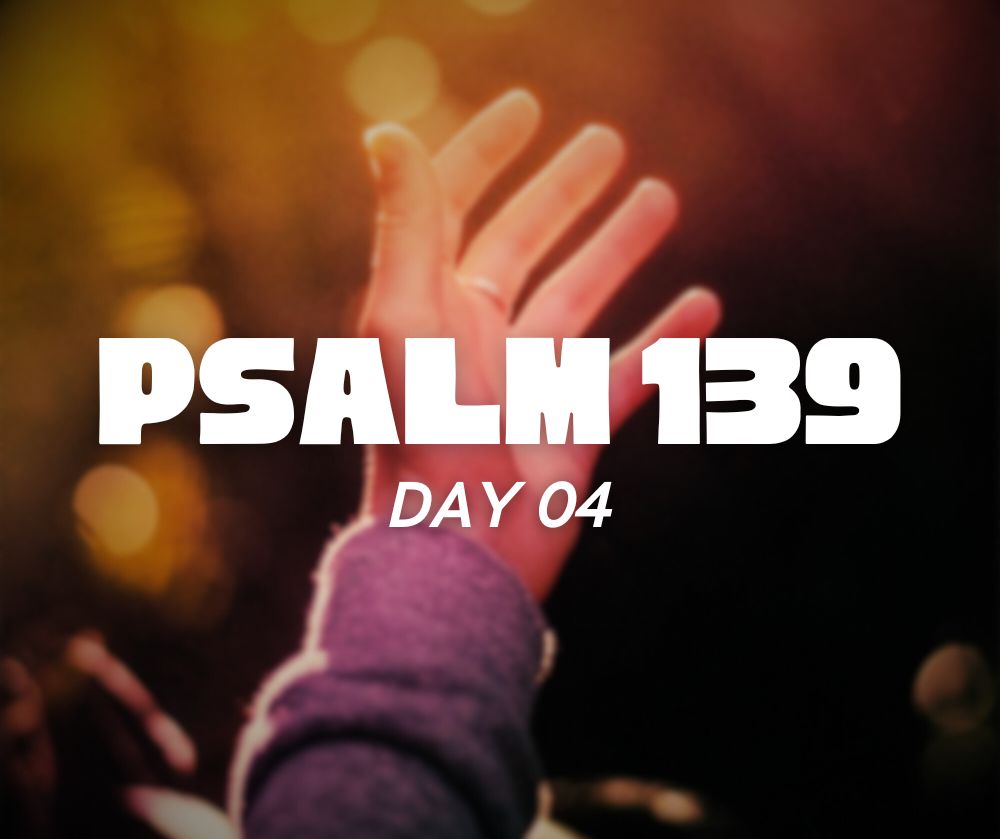“Oh that you would slay the wicked, O God! O men of blood, depart from me! They speak against you with malicious intent; your enemies take your name in vain.”
Psalm 139:19-20 (ESV)
Cancel culture. Social media wars. Political divisions. Our world is quick to choose sides, point fingers, and declare enemies. We’re often taught that hatred is always wrong and that real love means accepting everything. Yet here in Psalm 139, after writing one of the most beautiful passages about God’s love and intimate care, David expresses strong opposition against God’s enemies. This appears to be a startling contrast – but is it really?
The Hebrew words in this passage reveal important nuances. The word for “hate” (sane’) here doesn’t primarily express emotional rage but rather a deliberate stance of opposition. The phrase “complete hatred” (taklith sine’ah) suggests a mature, fully-formed rejection of what opposes God – not a reactive, personal vendetta but a thoughtful alignment with God’s righteousness.
David’s words reflect a profound spiritual reality. After celebrating God’s intimate knowledge, constant presence, and careful creation, he naturally moves to defend these truths. Like a child who becomes righteously angry when someone insults their loving parent, David’s opposition stems from his deep relationship with God. This isn’t blind hatred – it’s love in action, standing firm against what threatens the good.
“There is such a thing as perfect hatred, just as there is such a thing as righteous anger. But it is a hatred of God’s enemies, not our own enemies.” – C.S. Lewis (20th-century Christian author and apologist known for combining intellectual depth with spiritual insight). This quote captures the crucial distinction between personal vendettas and righteous opposition to evil.
The placement of these verses reveals deep wisdom. David moves from experiencing God’s love to opposing what opposes God, but he doesn’t stop there. Immediately after expressing this hatred, he asks God to search his heart (verses 23-24). This shows remarkable self-awareness – even our righteous anger needs divine oversight. True opposition to evil must always be accompanied by humble self-examination.
This passage speaks powerfully to our contemporary context. In a world of easy outrage and quick condemnation, David shows us a different way. His opposition isn’t based on personal preference, political allegiance, or cultural trends. Instead, it flows from deep intimacy with God and aligns with God’s character. This challenges both our passivity toward evil and our tendency toward self-righteous anger.
Godseekers, the divine balance between love and justice changes everything. We’re called to a greater level of spiritual maturity that can both love deeply and stand firmly. Like David, our opposition to evil should flow from our love for God, be tempered by self-examination, and always align with God’s character rather than personal prejudices.
Prayer
Holy Father, grant me wisdom to discern between righteous opposition and personal anger. Help me love what You love and oppose what opposes You, always with a humble and examined heart. Give me courage to stand for truth while maintaining a spirit of grace. Search my heart and purify my motives. In Jesus name, Amen.
Personal Reflection
How do you distinguish between righteous opposition to evil and personal vendetta or prejudice?
In what ways might your expressions of opposition need to be purified by God’s searching presence?
Step of Faith
Today, before expressing opposition to anything or anyone, pause and examine your heart. Write down your motivations and ask God to purify them. Choose one situation where you need to take a stand, and ask God to help you do so with both truth and grace, following David’s example of coupling opposition to evil with humble self-examination.








